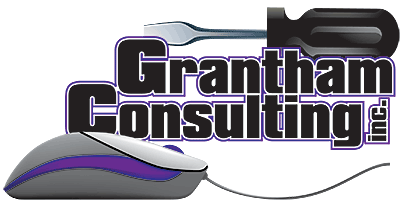Not long ago I was asked to help a business user with their dead laptop. They had toiled for a day or two trying to get Windows to start, but failed. When I got involved, I noticed it was a Windows 7 by the sticker on the hand-rest. That made it about seven years old and not worth resurrecting Windows because the hardware is past the average age of replacement. My client agreed and didn’t care about the laptop since it was old and they had a newer one they were going to use. The data on the hard drive in the laptop was far more valuable to them.
After interviewing my client I discovered there were a large amount of files and folders that they desperately needed mostly in one folder. A backup hadn’t been made recently so the pressure was on to save their files. I removed the hard drive from the laptop and placed in my hard drive reader connected to my Linux desktop computer. The drive was seen by Linux, but inaccessible because it was in a state of Windows hibernation. A Linux command was run to access the hard drive.The files were located and a copy began to my computer.
Later, my client bought a thumb drive so I could copy the files over to it. I plugged in their USB thumb drive into my computer and started copying files. It started to copy files and eventually got slower and slower and finally halted on an error. Two other computers exhibited the same behavior and this agony carried on for two days. I could copy the files to my USB devices successfully without any errors. I even formatted the thumb-drive and it still halted the copy. It has to be defective because of all the trouble it gave me.
You just assume new equipment will work right out of the package and won’t waste your time like it did for me. Has something like this happened to you?

